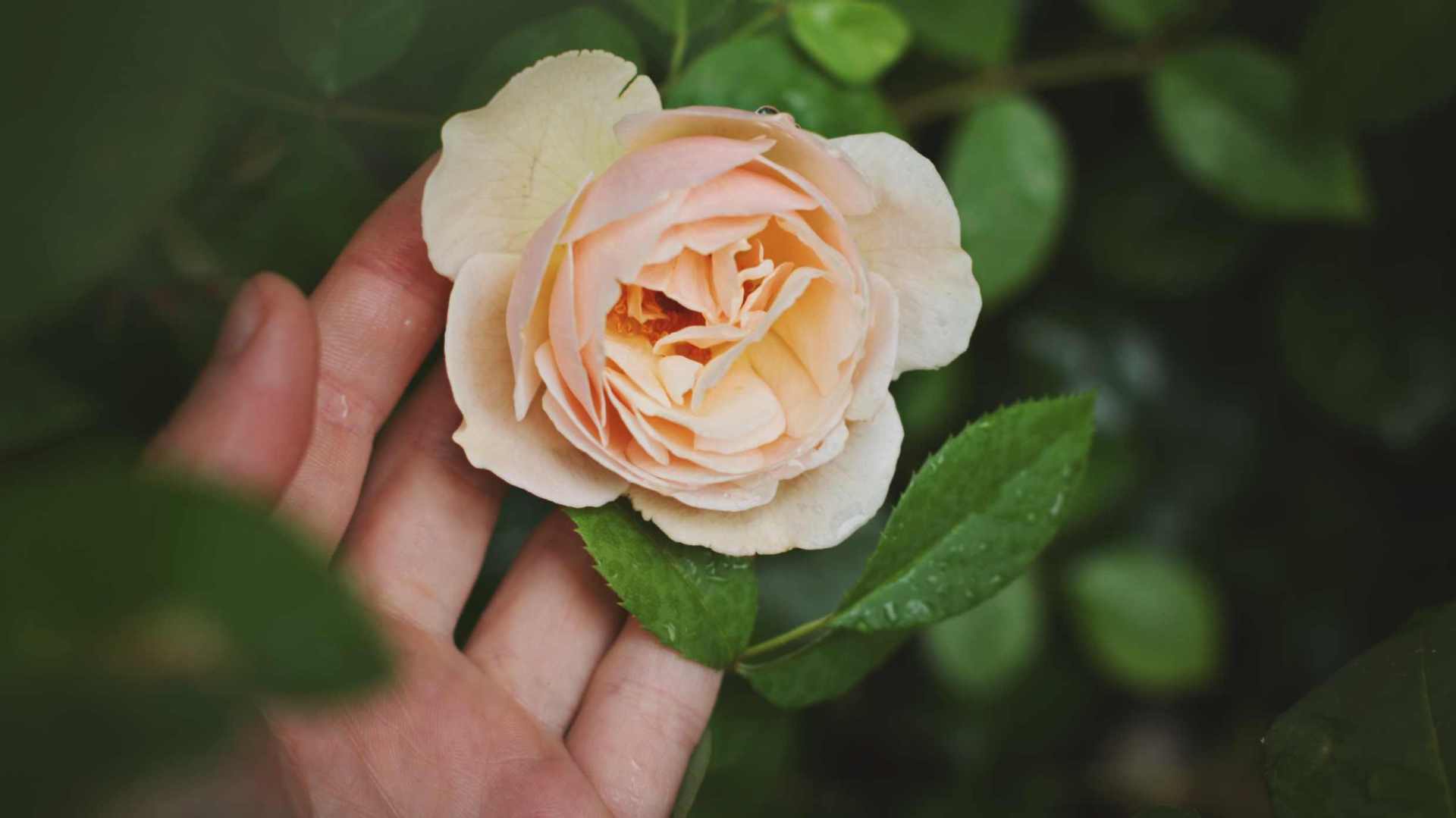In this series, D. L. Mayfield considers the day-to-day ministries we often overlook.
When you are very young, you pick flowers constantly. You shred the petals, one by one, to see how they float as they fall—the patterns of the red and white and pink and yellow teardrops. You blow the fluff of the dandelion as hard as you can. Eventually, someone tells you to stop picking and touching and plucking. Stop spreading weeds. Use your eyes, not your hands. Soon, flowers begin to lose their interest.
When you are older—first a teenager, then a young adult—you never notice flowers at all. Your life is a blur of yourself and your hurts and your joys and the next day and the next. Flowers are a luxury, or for those who are old and bored and sitting down. You see stiff and perfumed roses at prom, at weddings, at funerals, on the church altar. But they are only ornaments, like a cake decoration.
It is only when life has become both slow and hard that it starts to happen. Driving in your car, you see an abandoned lot full of bright purple cone-shaped flowers, and you gasp aloud; the sight is so colorful that it shocks you out of your stupor. You walk to the nearest corner market to pick up some eggs and find honeysuckle hanging over the edges of a chain link fence; you stop, breathe deeply, inhale and smile without realizing why. Or on the way to school, you notice houses with neatly trimmed roses—so many different colors, like stained glass—and you inwardly bless the people who planted them, a gift just for you and your eyes at that very moment.
One day, when you are older and tired and in the very thick of surviving—jobs, bills, children—you plant flowers in a row alongside the more practical and stoic tomatoes and cucumbers. You feel silly as you do it. What is a flower, after all, in the face of suffering? It has no real purpose. It cannot undo all that is wrong with the world.
But when they start to bloom—shyly at first, and then all together in a chorus, a harmonious hymn—you see it: the unexpected way they bring pleasure, just by being themselves. Your daughter sticks her nose close to the blooms, and then looks up at you. “Go ahead and pick it,” you tell her, and you watch as her eyes grow wide.
Go ahead and pluck it, and cradle it, you think. And later, let it float to the ground, forgotten. That is why it was grown—to be small and extravagant, a testimony to the ways God is at work in the world.









